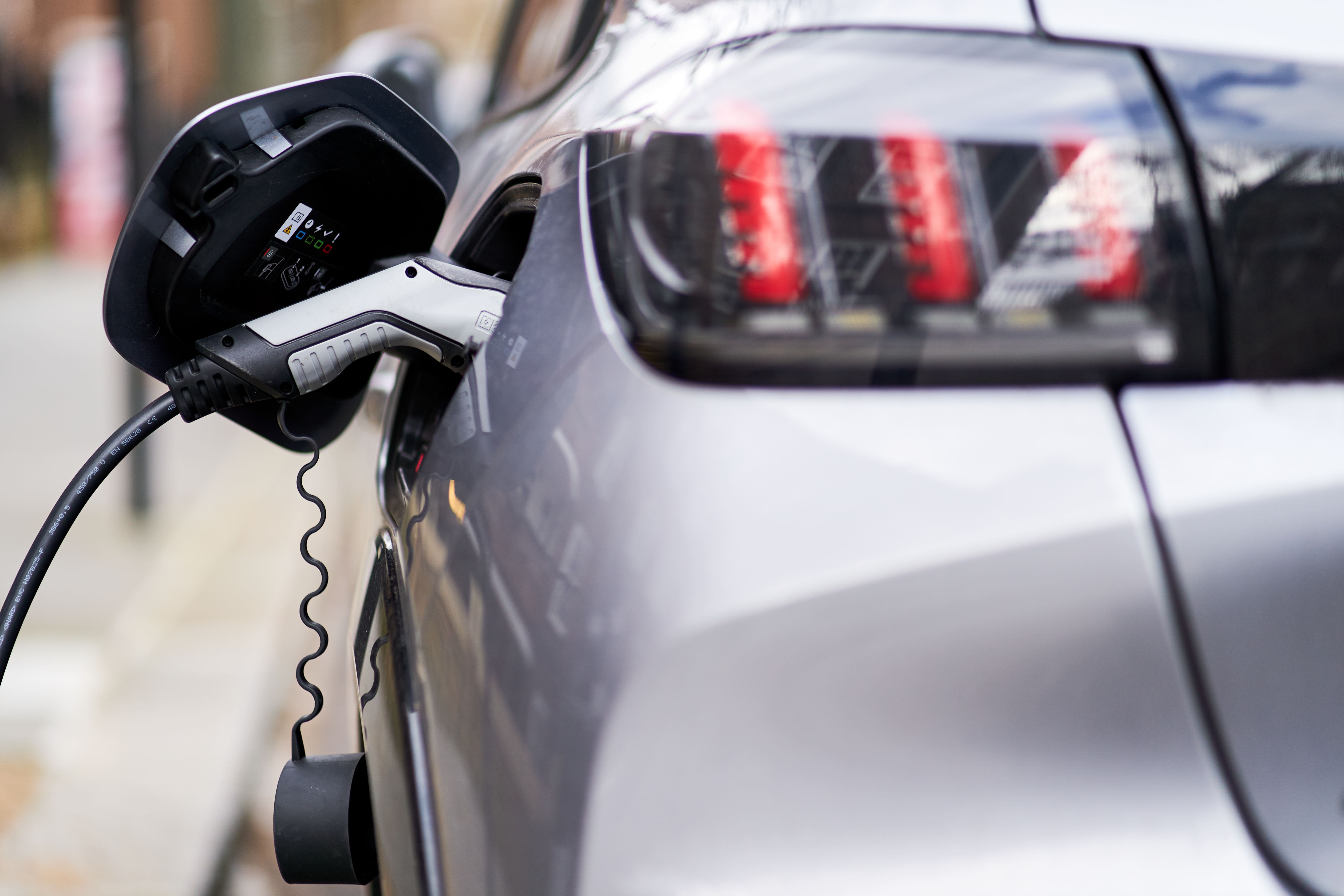Electric car breakdowns from running out of power at record low, says AA
Just 2.3% of the EV callouts the AA received in the year to the end of October were due to batteries having limited or no charge, the company said.

Your support helps us to tell the story
From reproductive rights to climate change to Big Tech, The Independent is on the ground when the story is developing. Whether it's investigating the financials of Elon Musk's pro-Trump PAC or producing our latest documentary, 'The A Word', which shines a light on the American women fighting for reproductive rights, we know how important it is to parse out the facts from the messaging.
At such a critical moment in US history, we need reporters on the ground. Your donation allows us to keep sending journalists to speak to both sides of the story.
The Independent is trusted by Americans across the entire political spectrum. And unlike many other quality news outlets, we choose not to lock Americans out of our reporting and analysis with paywalls. We believe quality journalism should be available to everyone, paid for by those who can afford it.
Your support makes all the difference.The chances of an electric vehicle (EV) breakdown being caused by running out of power has reached a record low, figures suggest.
Just 2.3% of the EV callouts the AA received in the year to the end of October were due to batteries having limited or no charge, the company said.
This is down from 8.3% in 2015 and 4.3% in 2021.
The AA attributed the decrease to the public charging network becoming larger and more reliable, improved range on newer EVs and better education and information for drivers.
There are still lots of myths being pedalled about EVs running out of charge on almost every long journey
The company expects the figure to ultimately drop to 1%, which would be equivalent to the proportion of petrol or diesel car breakdowns due to running out of fuel.
It predicted that range anxiety – whereby EV drivers are concerned they will no have enough power to complete their journey – will become “a thing of the past”.
AA president Edmund King said: “There are still lots of myths being pedalled about EVs running out of charge on almost every long journey.
“At the AA we have the evidence to show this is just not the case.
“It is important that all drivers have accurate information, see improved infrastructure and they are given incentives to switch when they are ready to do so.
“Our polling shows that drivers generally aren’t hostile to EVs but they are hesitant to switch. This is not surprising as the combustion engine has been with us for well over 100 years.
“Once drivers have made the switch they will not look back.”
AA figures show it received 83,000 call outs by EV drivers in the 12 months to the end of October.
The most common faults were related to: tyres (21.5%); problems charging the battery used for driving the vehicle (19.8%); and the 12v battery (16.8%), which is the same type used in conventionally-fuelled vehicles.
Some 16.3% of all new cars bought in the UK during the first 11 months of the year were battery electrics, according to figures from the Society of Motor Manufacturers and Traders.
That is up from 15.1% during the same period in 2022.
In September, Prime Minister Rishi Sunak delayed the ban on the sale of new petrol and diesel cars and vans in the UK from 2030 to 2035.
But under the Government’s zero-emission vehicles mandate, at least 22% of new cars sold by each manufacturer in the UK next year must be zero-emission, which generally means pure electric.
The threshold will rise annually until it reaches 100% by 2035.
Failure to abide by the rule or make use of flexibilities – such as carrying over allowances from previous years – will result in a requirement to pay the Government £15,000 per polluting car sold above the limits.